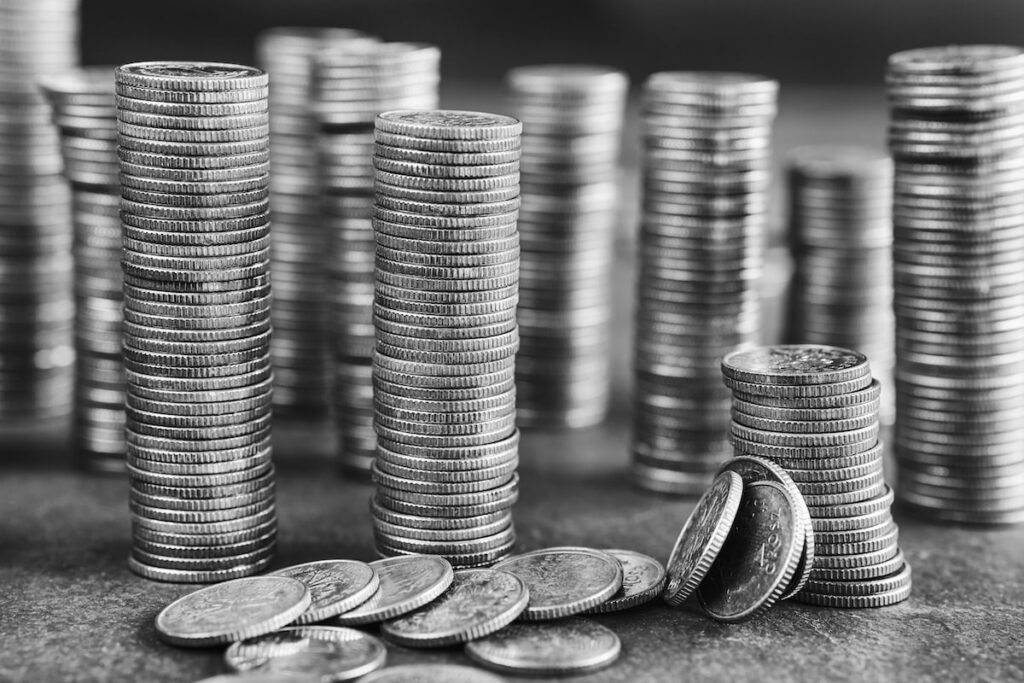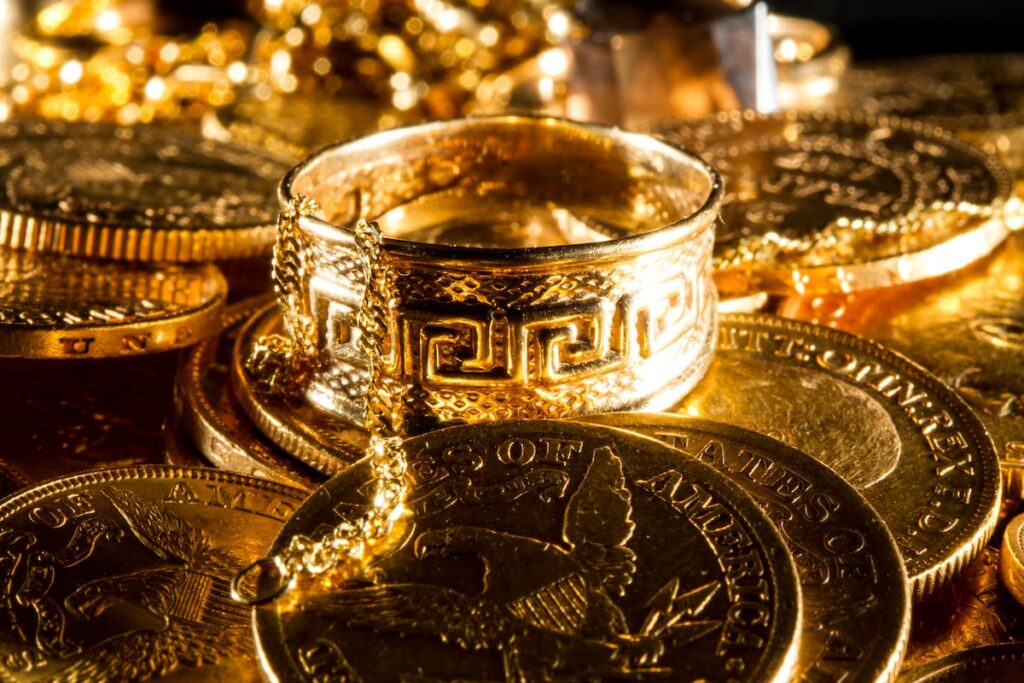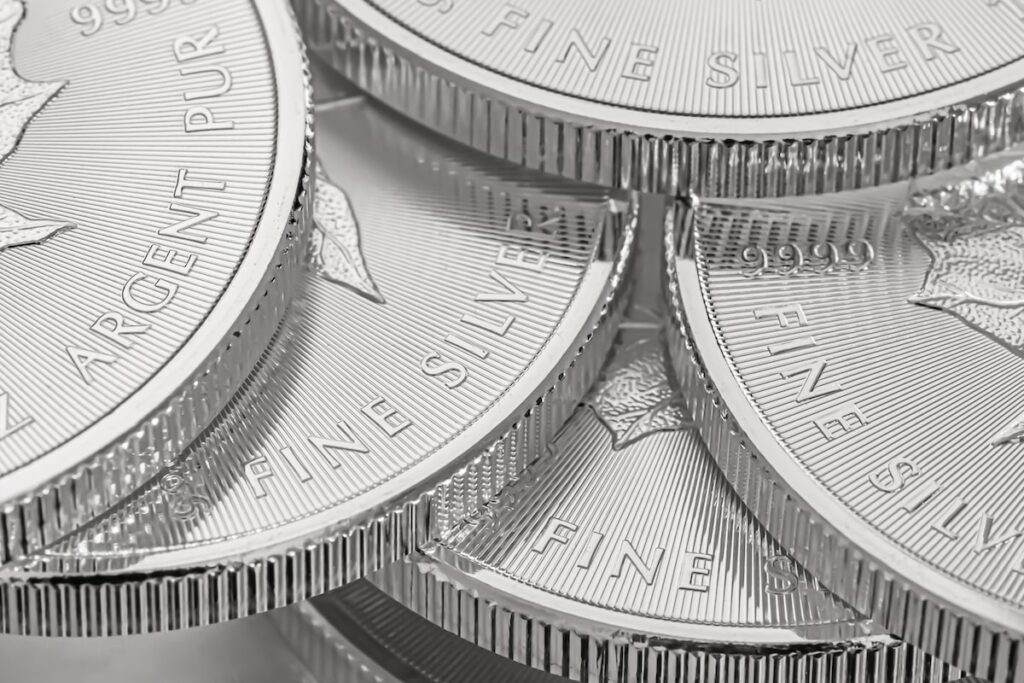Silver is a potentially attractive investment and is considered a “safe haven” of sorts alongside its sister metal, gold.
Like any investment, it would be unwise to go in blind, and one of the first questions many will ask is whether or not silver bars are traceable.
Silver bars are not traceable. Due to their popularity and the fact that many transactions take place discreetly using cash, it is usually impossible to trace any given silver bar except to the manufacturer. Silver bars may change hands many times with no records kept of their transfer.
Below, you will find more important information about investing in silver bars and their traceability.
Investing in silver is a great way to hedge against inflation thanks to the stability and intrinsic value of the precious metal.
Still, there are a few things you should know before diving into the world of bullion investments.
Does Government Track Silver Purchases?
The answer to this question is yes and no – the laws surrounding precious metals and transactions thereof are complex, to say the least.
Still, if you value your privacy, investing in silver is one of the few low-profile investments you can make.
The government does explicitly not track silver purchases. There is no way to track silver purchases electronically. Silver dealers are not required to report their sales to the government unless they meet or exceed the requirements stipulated by law.
Even if you use your card or a wire transfer to pay for your silver, most dealers will not keep a detailed record of the sale, and it will be nearly impossible to deduce what you have purchased even if it shows up on your bank statement.
While the government does not explicitly track silver, there are some cases where reporting is required.
It becomes the responsibility of the dealer to report a sale if it exceeds specific values. This will be discussed in more detail below.
Do I Need To Declare My Silver on My Taxes?
Another burning question for many bullion investors is around taxation, namely whether silver in your possession needs to be declared on your taxes.
The short answer to this is no, but when you sell your silver, it’s a different story.
You don’t need to declare the silver you are holding on your tax; however, you are liable to declare any silver you sell under Capital Gains as it is considered an income. You also pay VAT on silver as it is an industrial metal.
Tax on silver sales is not payable upfront.
It will, however, be due within the current tax year. This holds true whether the purchase of said silver is reported or not – any profits you make, whether it’s $5 or $5,000, are taxable.
I am no accountant, but it’s always a wise decision to make sure you are not in breach of any tax laws.
It is strongly recommended that you discuss your investments with a reputable tax practitioner or someone who is familiar with the laws governing the purchase and sale of precious metals.
Are Silver Sales Reported to the Government?
For the most part, silver sales are not reported to the government; however, there are some exceptions based on the quantity and value of the individual sale.
It is for this reason that silver bars are most commonly found in weights of 1 or 10 troy ounces, aside from the fact that larger silver bars are cumbersome and also carry hefty shipment costs.
Sales of silver bars weighing 1kg (2.2 lbs) or 1000 troy ounces (31.1 kg) need to be reported to the Internal Revenue Service (IRS) using Form 1099-B since this is considered an income. Cash transactions of $10,000 also need to be reported via the same form.
Most silver stackers are careful to keep their purchases below these reportable values, but sometimes you will benefit from buying in bulk.
The IRS also considers any silver sales within a 24-hour period as a single, reportable transaction.
Theoretically, this means that if you buy $5,000 worth of silver today and another $5,000 a few days later, the dealer would not have to report the transaction.
That said, if they have reason to believe that you are explicitly trying to avoid the reporting requirements and that the transactions are related, it becomes reportable.
This rule applies over a 12-month period.
How Much Silver Can I Buy Without Reporting?
Sales of silver amounting to less than $10,000 in cash do not need to be reported. It is the responsibility of the dealer to report sales made in cash or by check that exceed this amount.
Do Silver Bars Have Traceable Serial Numbers?
You might wonder if silver bars are serialized due to their value and find lots of conflicting information online with regard to the traceability of silver.
Most silver bars will be stamped with a serial number. There are some exceptions, but the serial number can help you ascertain whether the bullion is authentic by contacting the manufacturer.
It is recommended that you keep a record of your silver bars’ serial numbers in a secure place.
This will help you identify the silver you own if, for example, you are a victim of theft and come across your silver at a local pawn shop.
You can then alert the authorities, who can use your records to help you recover your stolen silver.
Serial Numbers Have Limits to Their Usefulness
Beyond verifying the authenticity of the silver piece carrying it, serial numbers do not seem to have much value to investors.
They will not make any given piece more or less attractive.
In fact, unserialized vintage silver bars often carry higher prices due to their rarity and value as collector’s pieces.
That said, novice silver stackers should be wary of purchasing vintage pieces unless it is from a reputable dealer since the risk of purchasing counterfeit silver cannot be understated.
Investing in silver might be intimidating at first, and it’s natural to wonder if buying the valuable metal carries any significant risks or benefits in terms of traceability.
Silver bars are traceable to a limited extent, and while they may be serialized, this is only typically useful when ascertaining the authenticity of a given piece.
Check out the other guides on our site for more:




